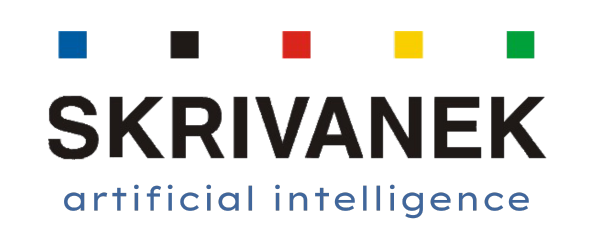Understanding AI ethics: balancing innovation with responsibility
As Artificial intelligence (AI) continues to advance at a rapid pace, it brings with it a host of ethical considerations that must be addressed. The intersection of AI and ethics is a complex and crucial area, demanding a careful balance between embracing technological innovation and upholding moral responsibility. This balance is essential to ensure that AI development benefits society as a whole without causing unintended harm.
The ethical landscape of AI
The ethical landscape of AI encompasses a range of issues, including privacy, bias, accountability, and transparency. One of the primary concerns is the privacy and security of personal data, as AI systems often require vast amounts of data to learn and make decisions. Ensuring this data is used responsibly and protected from misuse is paramount.

Another significant ethical issue is bias in AI algorithms. AI systems learn from data, and if this data is biased, the AI’s decisions will reflect these biases. This can lead to unfair or discriminatory outcomes, particularly in sensitive areas like hiring practices, law enforcement, and loan approvals.
Accountability and transparency
Accountability in AI is about determining who is responsible when AI systems make errors or cause harm. As AI systems become more complex, pinpointing responsibility becomes more challenging. Ensuring transparency in how AI systems make decisions is also crucial, especially in high-stakes scenarios. Users should be able to understand and trust the AI’s decision-making process.
Balancing innovation and responsibility
Balancing the rapid advancement of AI with ethical considerations requires a collaborative effort. Developers, policymakers, and users must work together to establish guidelines and standards for ethical AI development. This includes creating AI that is not only efficient and effective but also fair, transparent, and accountable.
The role of regulation
Regulation plays a critical role in ensuring ethical AI development. Governments and international bodies need to establish clear policies and frameworks to guide AI development. These regulations should promote innovation while also protecting individuals’ rights and societal values.
The future of ethical AI
Looking forward, the field of AI ethics is set to become even more important as AI technologies become increasingly integrated into every aspect of our lives. The challenge will be to continue pushing the boundaries of what AI can achieve while ensuring these advancements are made responsibly and ethically.
In conclusion, understanding and addressing the ethical implications of AI is crucial in the development of this transformative technology. Balancing innovation with responsibility is not just about preventing harm; it’s about ensuring AI is developed in a way that is beneficial and fair for everyone. As we continue to explore the potential of AI, let us also commit to upholding the highest ethical standards, ensuring a future where AI contributes positively to society.
Connect with Skrivanek AI
Get in touch
Ready to explore how our AI solutions can transform your business? Fill out the contact form below, and let’s start a conversation that could redefine your future. Our team is eager to hear from you and assist with any inquiries or needs you may have.

